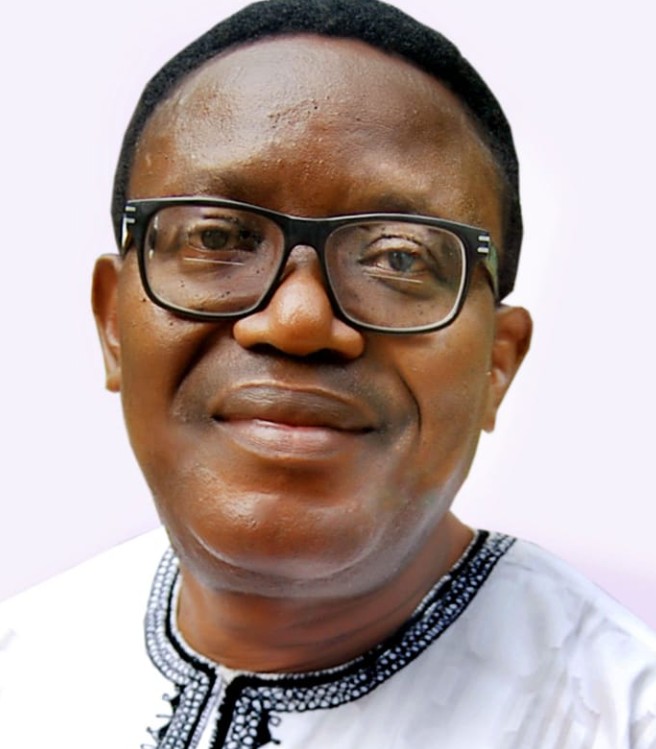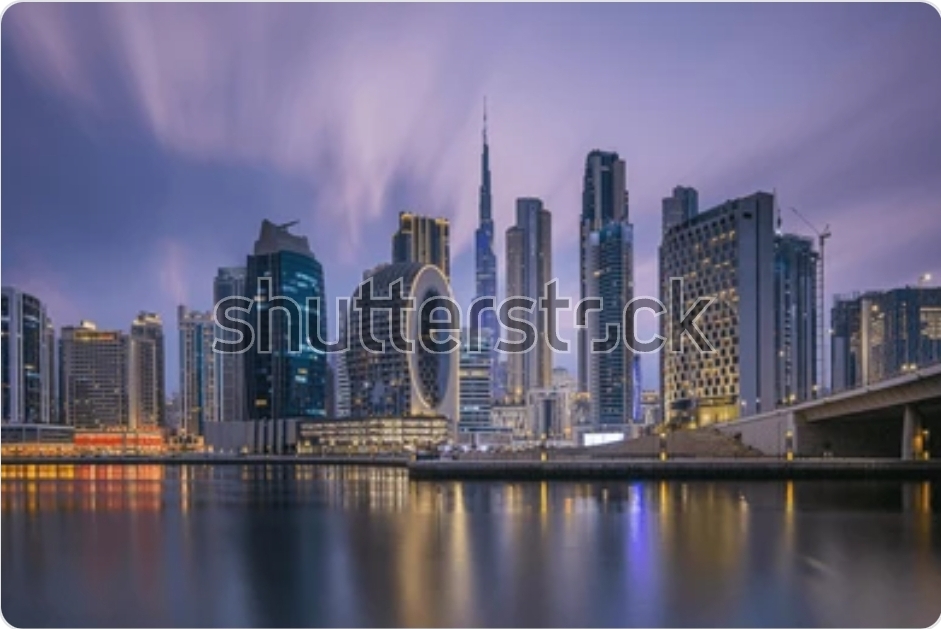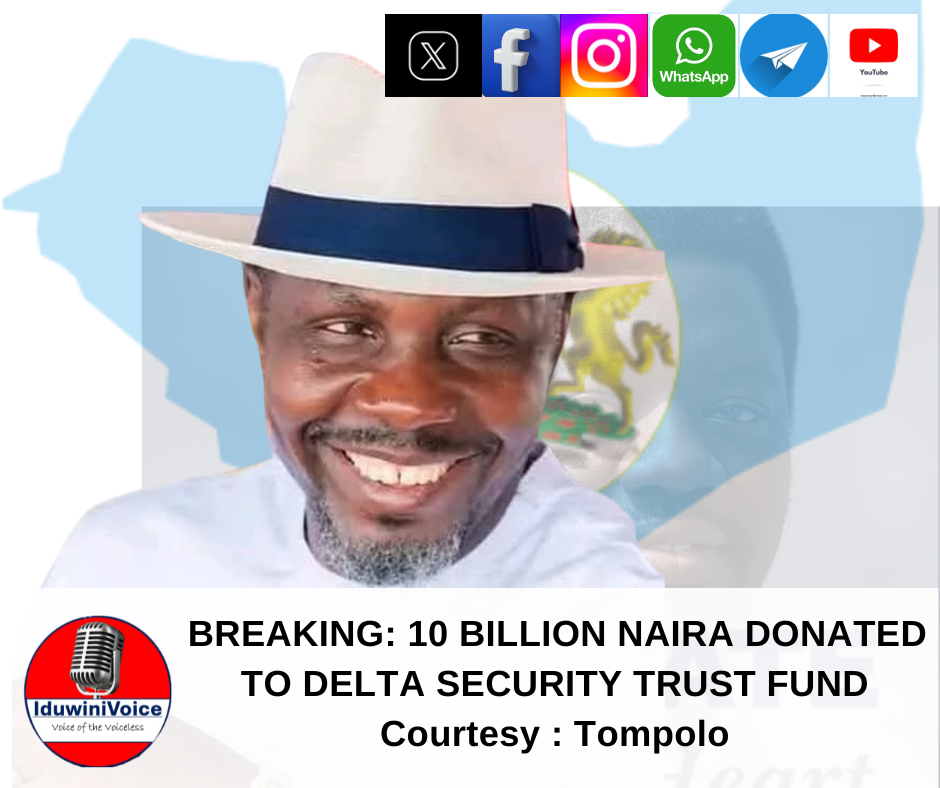Editorial
In A Tumultuous Week: Building BRICS, Brick by Brick.

In A Tumultuous Week: Building BRICS, Brick by Brick.
By Owei Lakemfa
THIS week has been one of the most tumultuous with the plucking of Wagner chiefs from the sky, France’s renewed bid to invade Niger and fires thrashing North America, to the dramatic rescue of Pakistani school children after 16 hours of dangling from a broken cable car hundreds of metres above a ravine.
The week beginning August 20, 2023 found the Economic Community of West African States, ECOWAS, reduced to a weather forecaster constantly threatening brimstones over Niger Republic and withdrawing the threats with declarations for peaceful means of reversing the Nigerien July 26 coup. The less active African Union, playing the same role as ECOWAS, became a louder voice.
The reality that Africans are not ready to shed the blood of their brothers and sisters in Niger finally dawned on France. It therefore decided to carry out the invasion itself. So, on Monday it approached Algeria for permission to use its airspace to invade Niger.
An enraged Algeria must have been quite hurt that France, which massacred some two million Algerians in an effort to annex the country, would insult it by making such a request. It immediately made public the satanic request of imperialist France, a country that has for over four centuries, stolen resources from Africa. What was Macron’s France thinking by approaching Algeria, a country it invaded in 1830 and has always tried to exploit?
While the coup plotters in Niger might have had narrow intentions, the desperate international attempts to reverse the coup has resulted in an unprecedented anti-imperialist sentiment sweeping through Africa. Not even in the days of Kwame Nkrumah, Sekou Toure, Ben Bella, Patrice Lumumba, Felix Moumie and Albert Luthuli were such sentiments so strong.
In North America, the wildfires are a powerful reminder that nature can be quite stubborn, so we need to do all in our power to live in harmony with it, including taking climate change serious. This Tuesday, over 1,000 wildfires were raging through Canada alone with 650 of them acknowledged to be out of control. This week, that country has lost over 37.8 million acres to the fires. But the Canadian situation is better than the fires razing through Maui, Hawai where with over 1,000 persons missing in those fires; the official body count this Sunday was 115 killed and 850 persons missing.
As noted earlier, Asia produced the good news of eight persons, including six school children snatched from the jaws of death when their cable car hung high in the sky. India also added the good news of landing in the moon, while the news from Cambodia is that after being in office for 38 years, Prime Minister Hun Sen stepped down while his eldest son, Hun Manet, stepped up to replace him. The new Prime Minister was seven years old when his father was sworn in as the Cambodian leader in 1985.
Meanwhile, some of the most dramatic sketches are playing out in Thailand. Former Prime Minister, Thaksin Shinawatra, who was overthrown by the anti-democracy and pro-monarchy military on September 19, 2006, returned from 15 years in exile to serve an eight-year jail sentence. You can be sure that his August 22, 2023 return is part of a political script; he was checked into a hospital, and same day his preferred candidate, Srettha Thavisin, was voted the new Prime Minster.
The leader of the Russian mercenary Wagner group had suddenly resurfaced on social media on Monday apparently speaking from somewhere in Africa. He and six other Wagner leaders, including 53-year old co-founder, Dmitry Utkin, boarded one of his private jets from Moscow, and half an hour later, the aircraft fell from the sky. Given the drone attacks by Ukraine in the past days, it could have been friendly fire. Whatever it was, the Wagner chiefs had made a fatal error in deciding to mutiny and march on Moscow on June 24, 2023 and then suddenly withdrawing. The only elevation a failed mutineer, especially in the military tradition, can hope to get is promotion to heaven.
But the most awaited event in the week was the August 22-24 summit of Brazil, Russia, India, China and South Africa, famously known by its acronym: BRICS. Although BRICS says its aims are to promote peace, security, development and cooperation leading to a more equitable and fair world, its clear objective is to create a new system in opposition to the dominant Euro-American world. It is to create a counter weight to the unipolar world. A world dominated by the United States, its allies and institutions like the World Bank, the International Monetary Fund, IMF, and the World Trade Organisation, WTO, which they control. BRICS aims to change a world in which the dollar is the reserve currency and the North Atlantic Treaty Organisation, NATO, is the world’s policeman.
To give a sense of their formidable weight, host President Cyril Ramaphosa of South Africa said the five BRICS members make up a quarter of the global economy, a fifth of global trade and more than 40 per cent of world population. BRICS had before its summit, listed over 40 countries said to have expressed interest in working with it or becoming members.
One of the major issues at this 15th Summit was the issue of expanding membership with some BRICS nations expressing caution. This was resolved in favour of expansion and six of the over 20 countries that applied for membership were admitted. These include three hitherto staunch allies of the US: Saudi Arabia, the United Arab Emirates, UAE; and Egypt. Also admitted is Iran, a country with a streak of anti-Americanism, Argentina and Ethiopia. They became full members in January 2024. With these new additions, the building of BRICS brick by brick on the foundation of the five founding countries, have begun. It is unclear if a change of name is in the offing.
The summit itself focused on global recession, international trade, food, climate change and international security.
Ramaphosa in reflecting on his country’s Apartheid nightmare, said: “We have always believed that the freedom we won – and the international solidarity from which we benefited – imposes a duty on us to support the struggles of those who continue to experience colonialism and racial oppression. That is why we will continue to support the struggles of the people of Palestine and Western Sahara.”
BRICS may eventually float its own currency which in contrast to the euro, would be more universally acceptable and used. A vastly expanded BRICS would signal the decline of the dollar and the American Empire. However, the US will not go down without a fight; so we have to prepare for a world of wild fires lit by a declining world power.
Editorial
Is Dubai A Country? Inside the Seven Kingdoms of the United Arab Emirates

By: Editorial Team
The United Arab Emirates (UAE), often hailed as a beacon of modern development in the Middle East, is a federation of seven emirates—each with its own distinct history, ruler, and cultural identity. Since its unification in 1971, the UAE has stood as a rare example of how traditional monarchies can collaborate to build a stable and globally respected nation.
At the heart of the federation lies Abu Dhabi, the capital and largest emirate, known for its vast oil wealth and political influence. The Al Nahyan family, which leads Abu Dhabi, has played a central role in shaping the UAE’s national vision and foreign policy. The current President of the UAE traditionally comes from this emirate, underscoring its leadership within the union.
Dubai, the shining star of the federation, represents ambition and innovation. Under the leadership of the Al Maktoum family, Dubai has transformed from a desert outpost into a global hub for finance, tourism, and technology. Its breathtaking skyline, led by the Burj Khalifa, has become a symbol of Arab progress and resilience.
Moving beyond the two powerhouses, Sharjah distinguishes itself as the cultural and educational capital of the UAE. Led by the Al Qasimi family, it has preserved the emirates’ artistic heritage while promoting academic excellence through its numerous universities and museums.
The smaller emirates-Ajman, Umm Al-Quwain, Ras Al Khaimah, and Fujairah-each add unique character and strength to the federation. Ajman, the smallest, thrives on trade and manufacturing; Umm Al-Quwain offers a peaceful charm along its quiet shores; Ras Al Khaimah, nestled against the Hajar Mountains, is known for its natural beauty and growing industrial base; and Fujairah, facing the Gulf of Oman, plays a strategic maritime role in the region’s economy.
Despite their differences in size and resources, the seven emirates remain bound by shared values, mutual respect, and visionary leadership.Their collective success story reflects not only unity but also the ability to balance tradition with progress.
Over five decades after its founding, the UAE continues to prove that cooperation among monarchies can yield a modern, forward-looking state-one that honors its past while boldly stepping into the future. The federation’s model of governance offers an enduring lesson in leadership, stability, and nation-building in a region often defined by division.
Photo Credit: shuterstock
Editorial
The Modern Avatar of Agadagba

Editorial – IduwiniVoice
Government Oweizide Ekemupolo is 4th Century descendant of The progenitors of the Oru tribe, the archetypal Ijaws, who settled in the central Niger Delta and over time, who developed and spread to the entire Niger Delta. He his an embodiment of the ancient and modern ways and forces of the ijaw ancestral greats, ruled my ancient spiritual and human laws, a man and a superman.
Prior to 1600 AD, the Ijaws first and formally formed city-states on their island of abode in Central Niger Delta. The city-states were named Agadagba-bou, Isomou-bou, and Opugla-bou. The popular city-state was called Agadagba-bou, which, according to history, flourished for 400 years until it got abandoned in 1050 CE. That was the period Ijaw people migrated within the central Niger Delta and spread to the Western and Eastern Niger Delta.
Agadagba-bou, Isomou-bou, and Upugla-bou, which represented the Ijaw civilization at the historical island, long before it was named Wilberforce Island, had cultural, spiritual, linguistic, and occupational homogeneity.
They were all worshippers and believers of the sky God. The sky God that the Ijaws call today, even from ancient times, is Egbesu. It is believed that the Wilberforce Island was known as a forest named after Agadagba, the most powerful chief priest of Egbesu, who also doubled as the military general of the Izon nation.
Agadagba-bou, as a nomenclature, derives its bearing from Agadagba, the chief priest and generalissimo who once reigned on the Wilberforce Island. It is certain that the island hosted the Ijaw nation long before the time of Agadagba because Agadagba was appointed a chief priest and military general during his time by a potentate ruler of Ijaw nation.
In the primordial mists of time, Agadagba, the illustrious military general and chief priest of Egbesu, strode forth from the hallowed grounds of Agadagbabou, his footsteps echoing through the annals of Ijaw history. This revered figure, a paragon of martial prowess and spiritual wisdom, embodied the dual essence of his people, wielding the sword and the sacred staff with equal aplomb. The whispers of the ancients tell us that Agadagba’s reign predated the 1600 AD, a bygone era when the Ijaw nation thrived in harmony with the rhythms of the Niger Delta.
Agadagbabou, the cradle of Ijaw civilization, slumbers beneath the weight of centuries, its sacred soil serving as the final resting place of the ancestral spirits. Here, the venerable dead lie entombed, their ethereal essences lingering, awaiting the supplications of their descendants. Alas, the diaspora of the Ijaw people has occasioned a lamentable disconnection from these archetypal forebears, a severance that has hindered the unfettered flow of ancestral blessings, those numinous benedictions that are the birthright of every society.
For it is an immutable truth that the progress of a people is inextricably linked to the approbation of their ancestors.
The epochs have passed, and Agadagba’s terrestrial sojourn has long since drawn to a close, yet the imperishable essence of this legendary figure endures, awaiting reification in the mortal coil. Behold, 4.18 CENTURIES AFTER AGADAGBA, PRICESELY FOUR CENTURIES PLUS, in this our age, Government Oweizide Ekemupolo, a worthy scion of the Ijaw nation, has arisen, invested with the sacred mantle of Egbesu’s chief priest and military general. The symmetries are striking, the correspondences unmistakable: Ekpemupolo stands forth as the avatar of Agadagba, a reincarnation of the primordial hero, reborn to reclaim the lost patrimony of his people.
As we gaze upon Ekpemupolo, we behold the rekindled flame of Agadagba’s indomitable spirit, a fiery essence that refuses to be extinguished. The mythopoeic imagination whispers secrets in our ear, intimating that this modern-day embodiment of Ijaw valour and spirituality is, in truth, a Priest of the ancient mysteries, a hieratic vessel ordained to restore the pristine glory of Agadagbabou and reestablish the vital link between the living and the ancestral dead.
Thus, the epicycle of time turns full circle, as the reincarnated Agadagba, in the person of Ekpemupolo, strides forth to reclaim his rightful place within the sacred precincts of Ijaw tradition. The word is a witness to his spiritual and endeavours which catalyse a renaissance of the Ijaw spirit, rekindling the ancestral fires that burn bright within the collective unconscious of this venerable people, and guiding them toward a future illuminated by the radiant glow of their archetypal forebears.
As Tompolo’s efforts continue to bear fruit, Nigeria’s economic landscape is transformed, and the nation’s people reap the benefits of his tireless endeavours. His legacy will forever be etched in the annals of Nigerian history, a shining testament to the power of visionary leadership and unwavering dedication to the nation’s progress.
Benedict Binebai is a Professor of African Literature, a Social Conscientizer, and a Critic of outstanding repute.
(c) IduwiniVoice
Editorial
A Magnificent Gesture of Philanthropy: Tompolo’s Landmark Donation 10 Billion Naira to Delta State Government

Editorial
Chief Tompolo’s most generous bestowal of 10 billion naira upon the Delta State Security Fund is a magnificent affirmation of his steadfast devotion to the betterment of his beloved homeland. This munificent act not only underscores his profound solicitude for the well-being of the citizenry, but also serves as a sonorous confirmation of his dedication to the edification of the nation.
This magnificent donation bespeaks Chief Tompolo’s perspicacious vision for a Delta State wherein the territorial integrity, individual safety, and proprietary rights of its inhabitants are zealously safeguarded and protected. For it is an immutable truth that security constitutes a fundamental pillar for peaceful and progressive human existence, and a people that get security right are a people who enjoy prosperity, stability, and tranquillity. His largesse constitutes a clarion call to all right-thinking Nigerians to emulate his exemplary conduct, thereby contributing to the realisation of a more stable and prosperous nation.
As a private individual, Chief Tompolo’s remarkable munificence distinguishes him as a true architect of society, a philanthropist of discerning taste, and a stalwart champion of both private and public institutions. His actions evince a profound comprehension of the intricate nexus between security, patriotism, and nation-building, and serve as a shining exemplar for others to follow.
In the pantheon of benevolent figures, Chief Tompolo’s deed resonates with the selfless generosity of mythical beings like Prometheus, who defied the gods to bestow the gift of fire upon humanity, or Hercules, who cleansed the Augean stables to bring prosperity to the land. Like these fabled heroes, Chief Tompolo’s philanthropy emanates a profound sense of altruism, illuminating the path towards a brighter future for the people of Delta State.
By this singular act, Chief Tompolo has floated a most compelling narrative that the Ijaw nation, and indeed all ethnic groups in Nigeria, have a critical role to play in shaping the country’s destiny. His donation is a puissant statement that the resources and talents of Nigerians, regardless of their region or ethnicity, can be harnessed to forge a more united, secure, and prosperous nation, and that the Ijaw people, in particular, are committed to contributing to the construction of a brighter Nigerian picture.
Chief Tompolo’s unprecedented gesture inaugurates a new paradigm of leadership for the Ijaw nation, one that radiates an unparalleled aura of generosity, vision, and selflessness. This luminous exemplar of leadership kindles a guiding light, illuminating a path towards a more prosperous, equitable, and enlightened future for the Ijaw people, and serves as a resplendent model for leaders across Nigeria and beyond, demonstrating that true greatness is measured by the ability to uplift and empower one’s community.
Benedict Binebai is a Professor of African Literature, Public Speaker, and a renowned critic of intellectual acclaim.
(c) IduwiniVoice
